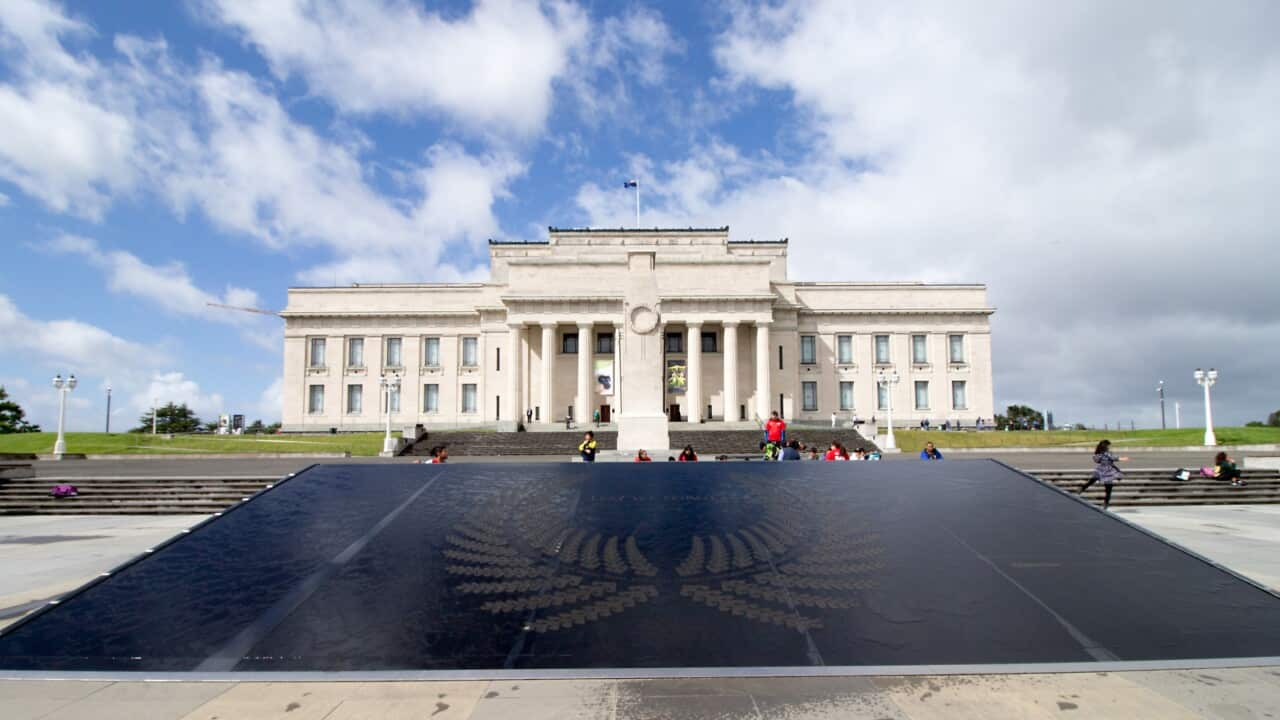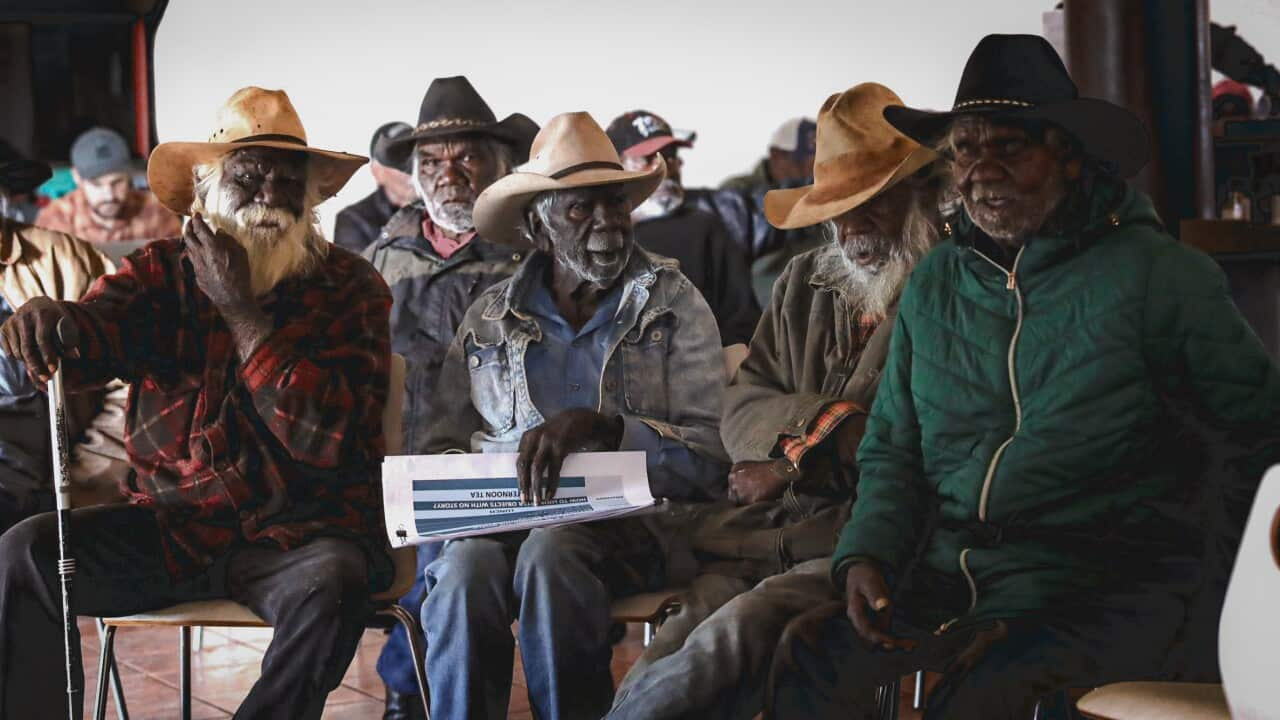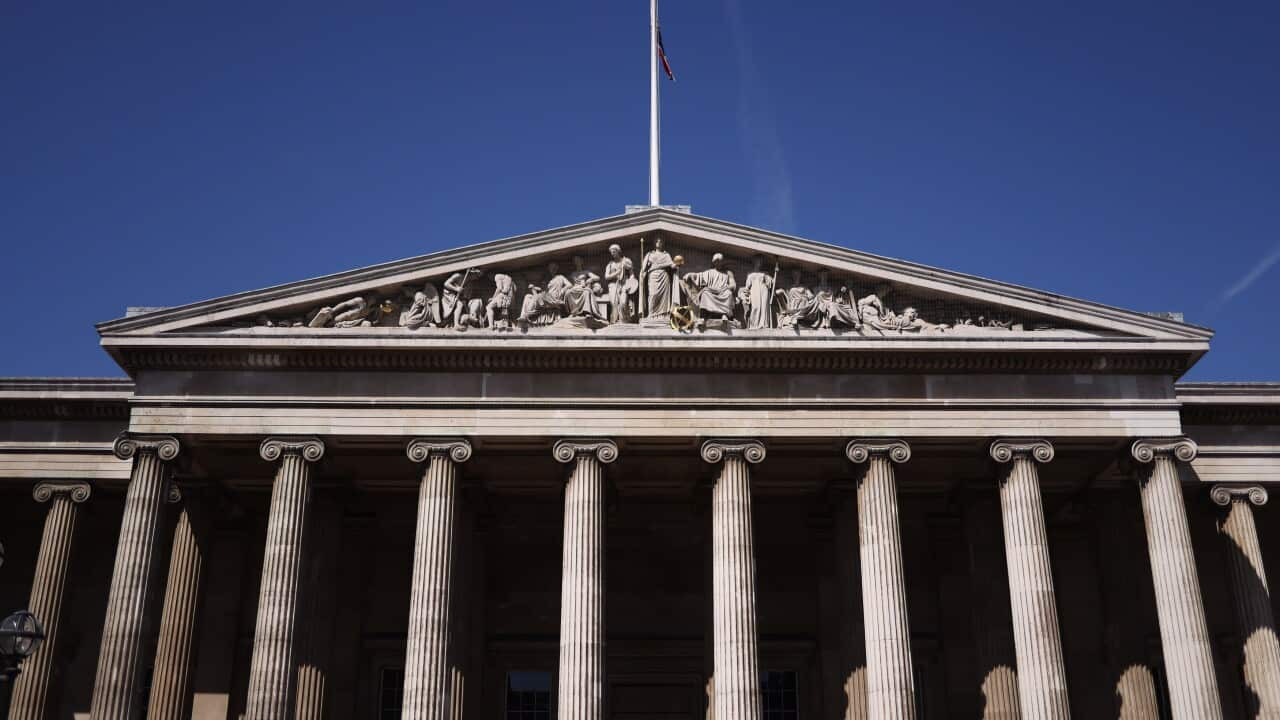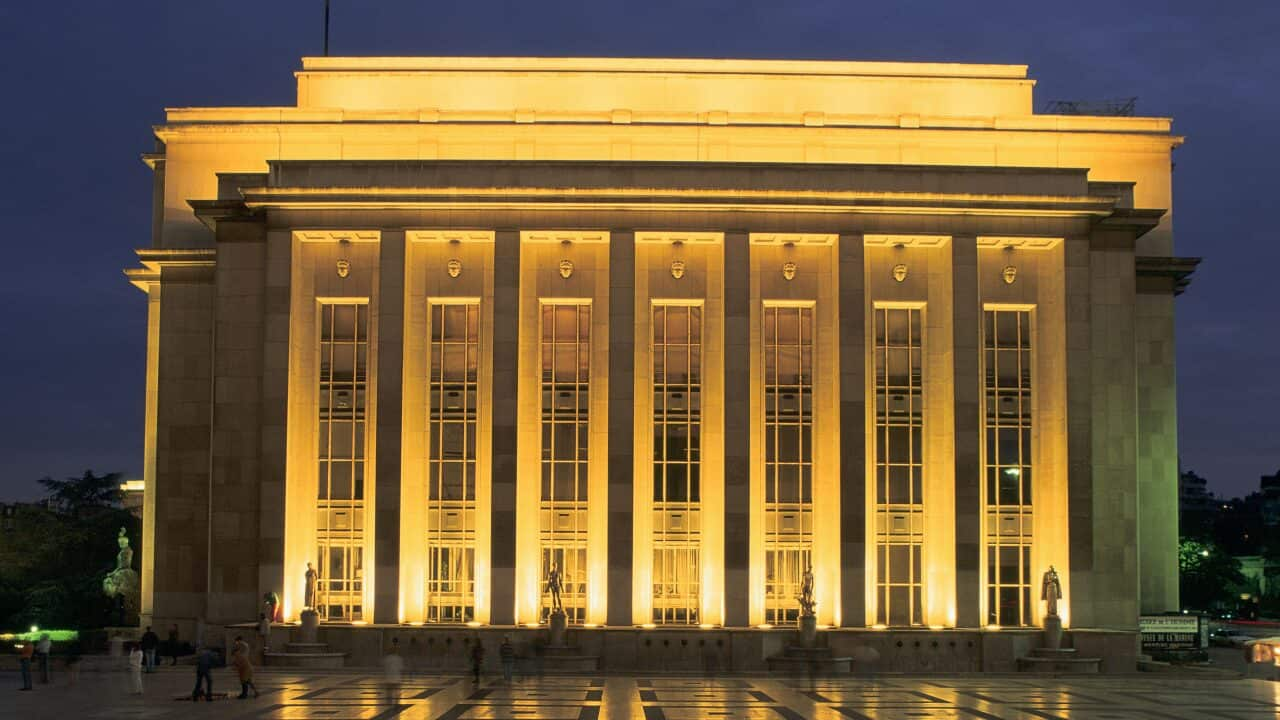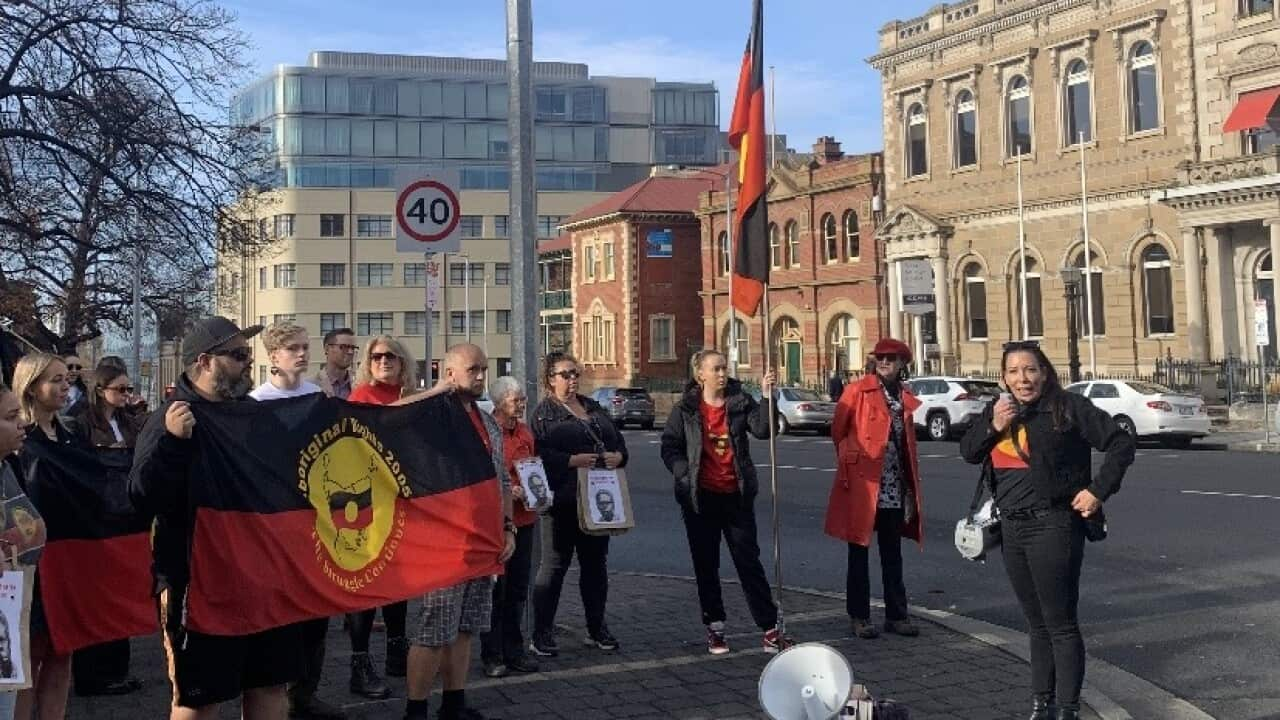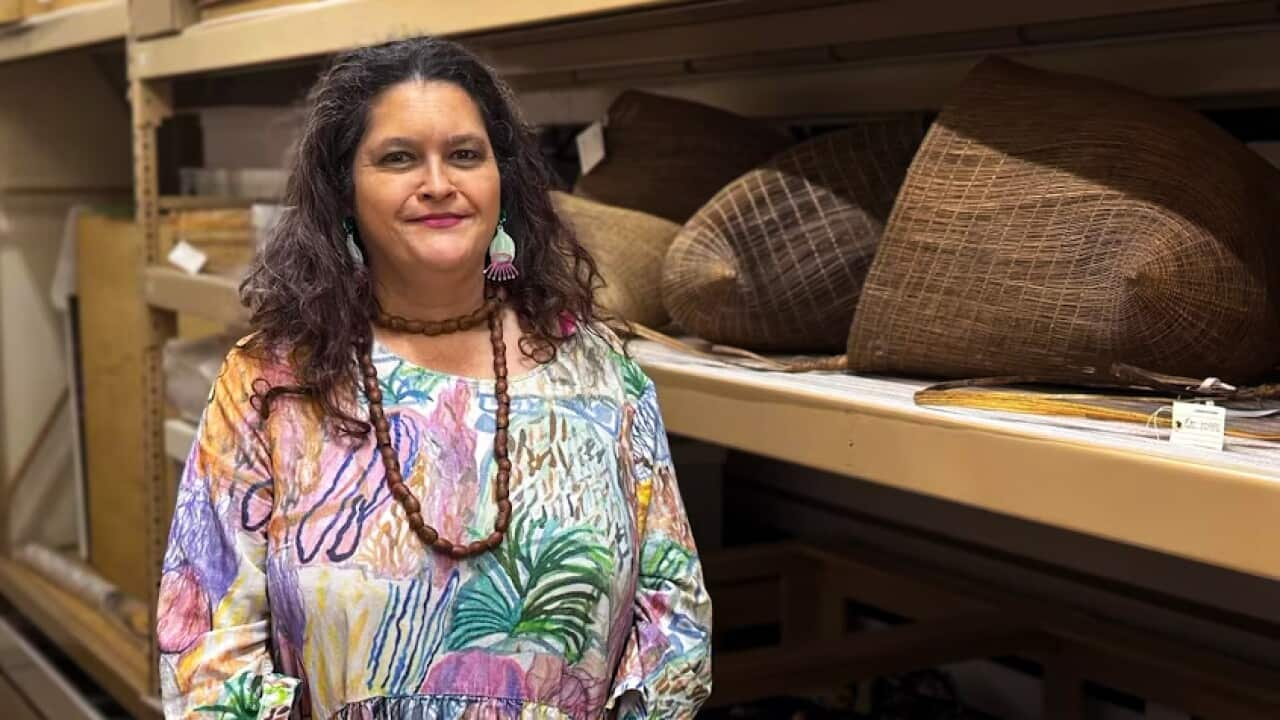A ceremony has been held at the Auckland War Memorial in New Zealand to begin the repatriation process for six First Nations ancestors back to Country.
Five ancestors are being returned by the Auckland War Memorial Museum, and the remaining ancestor by the University of Auckland.
Gary Umbagai, a Wanjina-Wunggurr man and descendent of one of the ancestors, travelled to New Zealand for the ceremony, and to repatriate the remains home to the Dambeemangaddee community of Collier Bay, Western Australia.
“Within our cultural beliefs as Wanjina-Wunggurr people, we recognise that the spirit of our ancestors is embedded in their bones," Mr Umbagai said.
Our people’s bones should be in their Country, not somewhere else; that is not right.
“We are pleased to see our ancestor being returned and we know that the spirit of that person will be happy to be home, after such a long time away in a strange place.
“We thank everyone who has been involved in supporting the return of our ancestor as this is part of the healing process.”
The Albanese Government welcomed the return of the six ancestors.
One ancestor was returned under stewardship of the Australian Government at the request of the Wamba Wemba community, Barham, New South Wales.
The government will provide care for two ancestors with provenance to South Australia and two ancestors with provenance to Australia, until such time as they can be returned to their communities.
“The removal of ancestors from Country and taking them so far from home is a historical injustice – and these returns go some way towards righting those wrongs," Minister for Indigenous Australians Malarndirri McCarthy said.
“I know these returns will mean so much to the families and communities affected."
Australia’s National Cultural Policy acknowledges the importance of respecting and promoting the rights of First Nations people to repatriate their ancestors.
More than 1700 First Nations ancestors have been returned from overseas collecting institutions and private collectors over the past 30 years.
Auckland War Memorial Museum director David Reeves told NITV that, following direction from their Maori advisory group, for the past 25-30 years the museum had been identifying ancestral remains in their collection to return to their home countries.
Mr Reeves said the process of correctly identifying remains was sometimes complicated by poor record-keeping.
"One is simply identified as being from Australia and
other than a date range we don't have records of exactly even how they came to the museum," he said.
"And that's a very sad situation, but it's the reality of 19th century record keeping ...
"It was the practice in the 19th century amongst scientists and museum directors and the like to effectively exchange human remains from different communities all over the world.
"It's a practice which has become viewed as pretty abhorrent these days and most especially to have them on display."
Arts Minister Tony Burke said the government is continuing discussions with a number of New Zealand collecting institutions and universities to support further repatriations, in line with its commitment to the voluntary and unconditional return of ancestors held overseas.
“We’ll continue to advocate for First Nations communities to see the dignified return of their ancestors to their rightful lands," he said.
“This is essential work and is vital for healing and reconciliation.”
